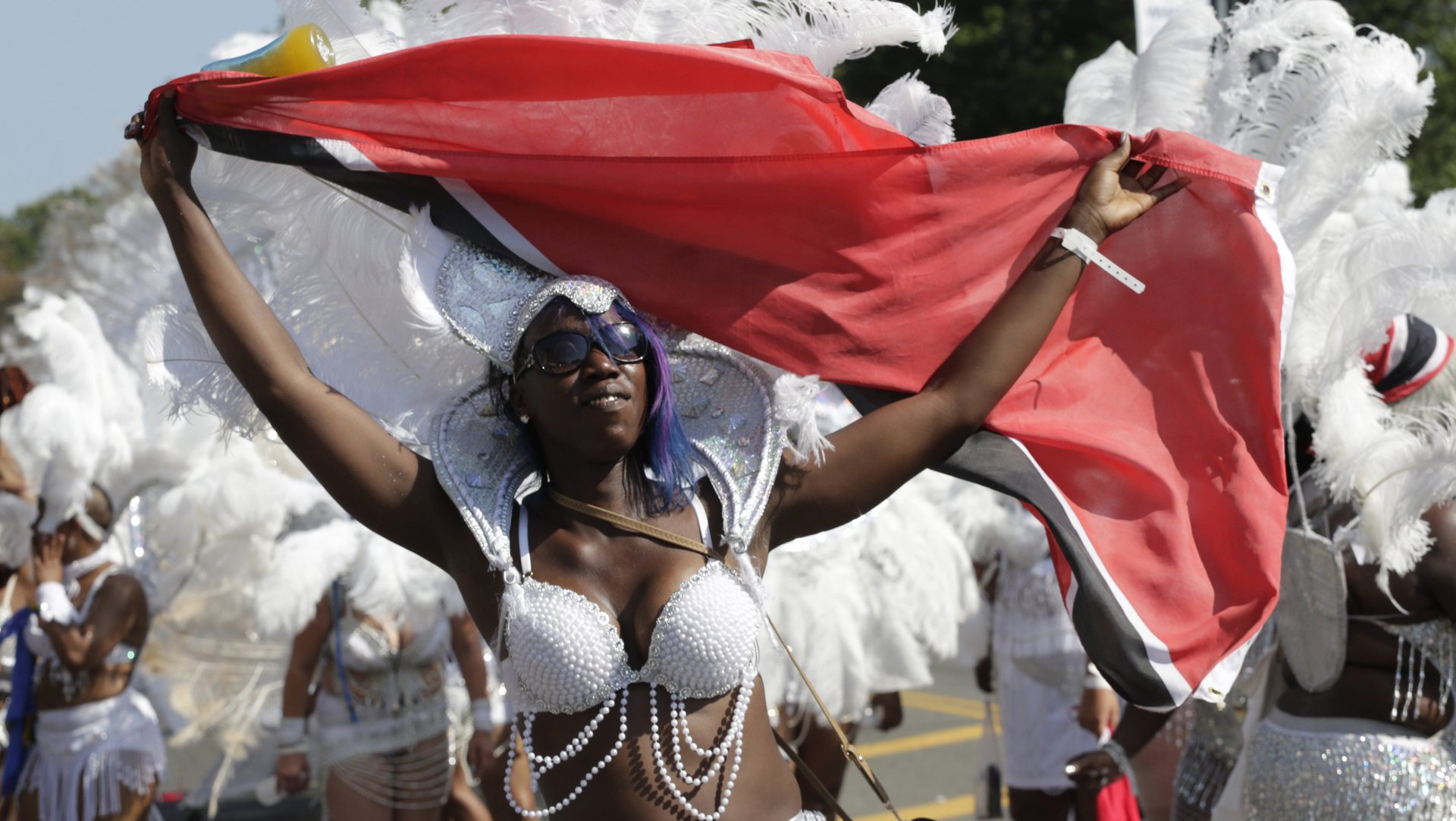All the countries named for or by Christopher Columbus
In 1492, Christopher Columbus set out to make the impossibly long journey by sea west from Spain to India. The Italian explorer, of course, never did fulfill his promise to Spain’s king and queen. Instead he made contact with the people who lived in what Europeans would later call the Americas, setting off a chain of events that would lead to genocide of native peoples, the slave trade, colonial wars, and, eventually, two continents full of self-governing countries free of European rule.


In 1492, Christopher Columbus set out to make the impossibly long journey by sea west from Spain to India. The Italian explorer, of course, never did fulfill his promise to Spain’s king and queen. Instead he made contact with the people who lived in what Europeans would later call the Americas, setting off a chain of events that would lead to genocide of native peoples, the slave trade, colonial wars, and, eventually, two continents full of self-governing countries free of European rule.
About 54 million people run into a reminder of his legacy every day: The very name of their countries. In spite of the local names of the places where Columbus landed—and even though he thought he had gotten to the Indies—he coined new names. Today there are eight independent states whose names came from Columbus. Their toponymic origins are compiled in Oxford’s Concise Dictionary of World Place-Names, written by John Everett-Heath.
- Antigua and Barbuda
- Colombia
- Costa Rica
- Dominica
- Saint Kitts and Nevis
- Saint Lucia
- Saint Vincent and the Grenadines
- Trinidad and Tobago
In the last 100 years, scholarship about Columbus has changed. The explorer was once glorified as a hero, but by the 1990s the historical narrative became much more focused on the role he played in destroying the native populations.
Most of the country names left behind by Columbus were, not surprisingly, named to honor his Christian god. There’s three saints: Christopher (shortened to Kitts), Lucy, and Vincent. Dominica is named for Sunday, the lord’s day, the day Columbus reached the island, and Trinidad for the Holy Trinity. San Salvador, or “holy savior,” an island district of the Bahamas, also keeps the name Columbus gave it.
A note on Saint Lucia: It’s not clear when Europeans first arrived on the island, and whether it was a Columbus expedition or whether he only saw it from afar. Saint Lucia is also thought to be the only country named after a woman, language blogger Paul Anthony Jones writes in his book, Word Drops.
Columbus gave some names based on dubious observations, as well. Costa Rica, the “rich coast,” may have been named by Columbus and possibly from the fact that he saw native people wearing gold, not realizing it was imported. Tobago, according to the Commonwealth, comes from the Carib word tavaco, the pipe in which the Caribs smoked tobacco, and which Columbus allegedly thought was cool.
Colombia was named in 1863 for Columbus, though obviously not by him.
There are a few countries where Columbus’s attempted naming didn’t stick. He originally saw the islands of what’s known as Grenada today and called them Conception after the Feast of the Immaculate Conception, but reportedly Spanish sailors thought it looked like Granada in Spain, and that’s what lasted. Columbus also re-named Jamaica “Santiago,” after Saint James the Greater, but the original Arawak name, “Xaymaca” or “Yamaya,” meaning “land of wood and water,” outlasted Columbus.